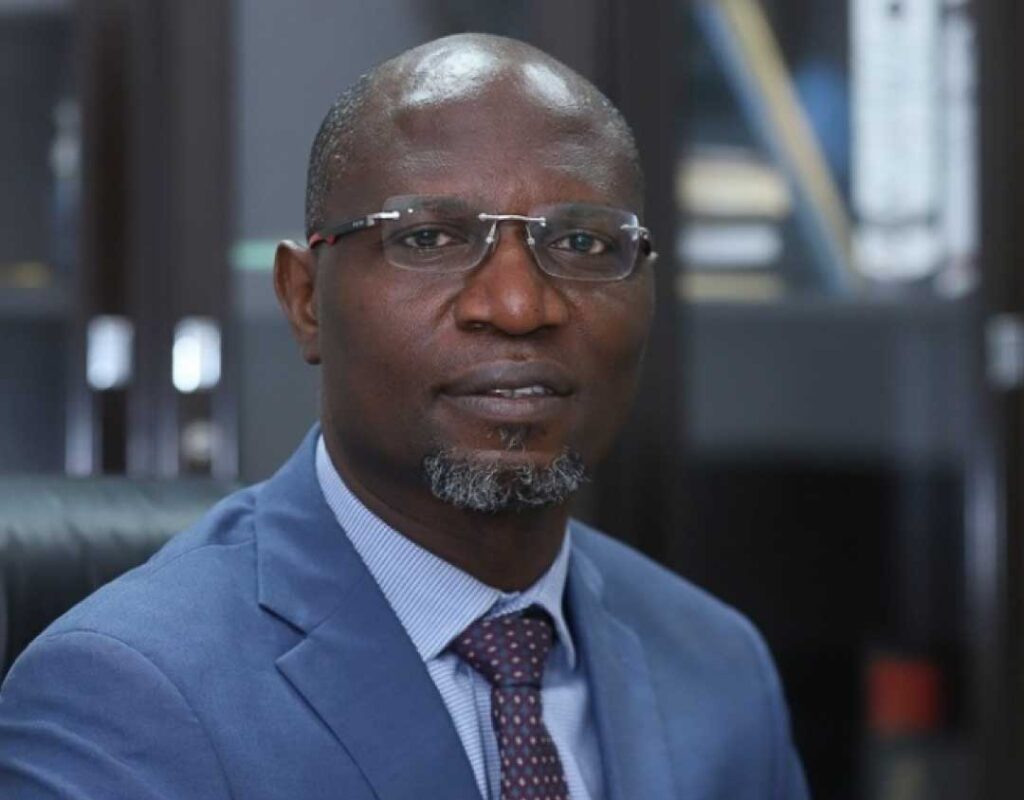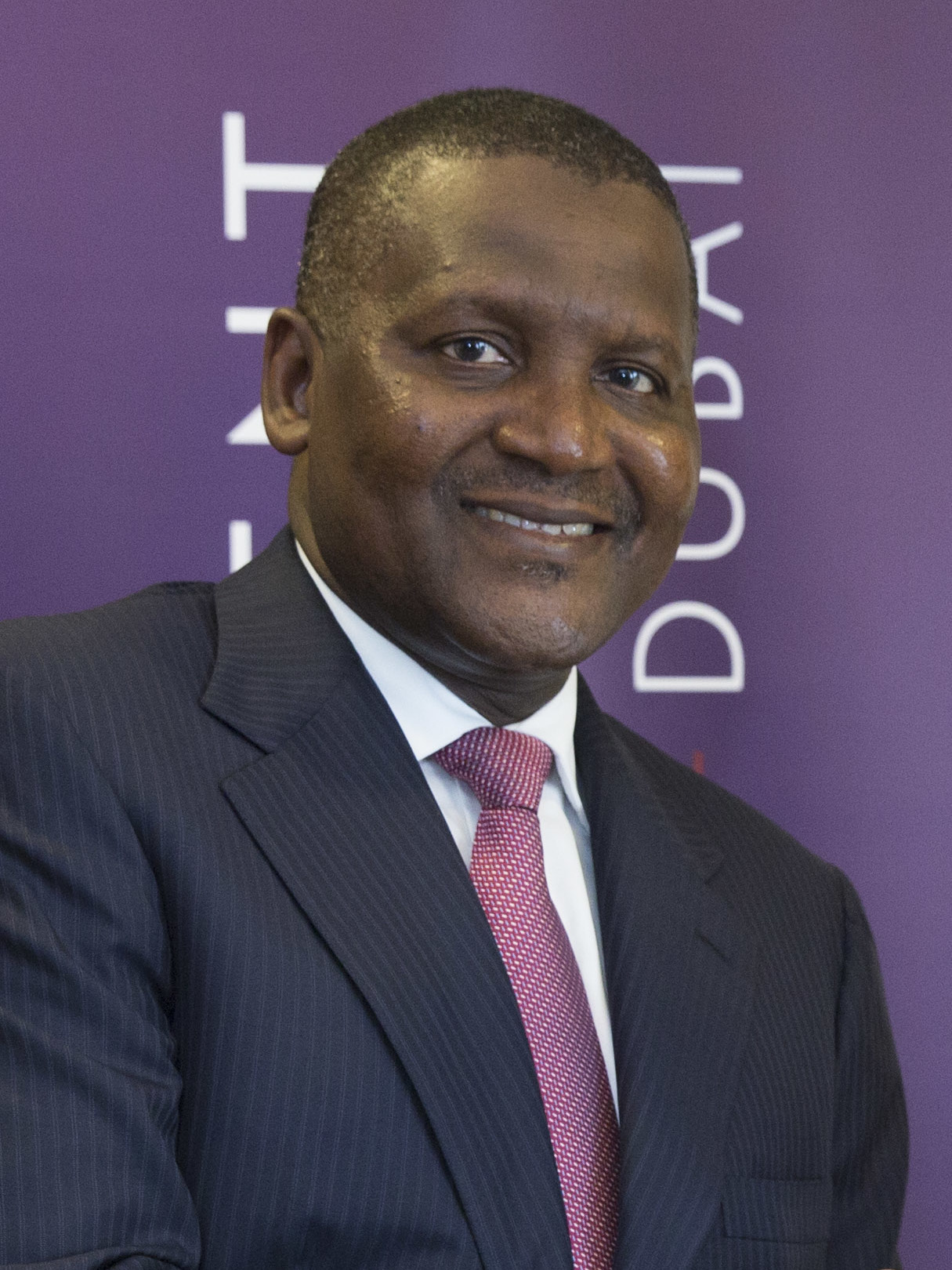The Securities and Exchange Commission (SEC) approved a total of ₦3.68trn in new issues in 2024, signaling robust investor confidence and strong momentum in Nigeria’s capital market, according to the Director General of the SEC, Dr. Emomotimi Agama.
Speaking at the 1st Capital Market Committee (CMC) Meeting of 2025 in Lagos on Monday, Agama disclosed that the approved issues included ₦3.62trn in equities and ₦59.82bn in fixed income instruments, underlining the growing appetite for equity investments in the Nigerian capital market.
He further revealed that between January and April 2025, the Commission had already approved ₦446.38bn in new issues. Of this, ₦265.90bn was raised through fixed income instruments, while ₦180.48bn came via equity offerings.
“These figures reflect sustained activity in the market, particularly as issuers continue to leverage both the debt and equity segments to finance growth and investment,” Agama said.
The SEC chief also highlighted major developments in mergers and acquisitions (M&A). In 2024, the Commission approved 11 M&A transactions with a total value of ₦320.36bn, the largest of which was the ₦103.7bn acquisition of a 58.02% stake in Guinness Nigeria Plc by N Seven Nigeria Limited.
In the same year, the Commission approved three corporate restructuring transactions, two share capital reconstructions, one takeover, and four security registrations. Noteworthy among these was the ₦105bn restructuring scheme involving Flour Mills of Nigeria Plc and the ₦5.08bn share consolidation by Transnational Corporation Plc.
In 2025 so far, the SEC has approved three major transactions—two takeovers and one corporate restructuring—worth a combined ₦38.53bn. While no mergers have been recorded yet this year, Agama noted that strategic realignments across sectors continue to drive capital market activity.
Agama also reported substantial growth in the asset management space. As of Q4 2024, registered mutual funds had grown to 184, with a combined net asset value (NAV) of ₦3.84trn and over 800,000 unit holders. Additionally, privately managed portfolios increased to 454 vehicles with ₦4.69trn in assets under management (AUM).
In total, 82 licensed asset management firms now oversee ₦8.53trn in investments—an indication, Agama noted, of a maturing market where professional fund management is driving both capital formation and wealth creation.
To support sustained market growth, Dr. Agama emphasized the Commission’s commitment to regulatory efficiency and collaboration with key institutions. He referenced the Commission’s proactive framework guiding the Central Bank of Nigeria’s (CBN) recapitalization programme, under which the SEC has so far received 12 new bank issuance applications valued at ₦2.02trn.
These include eight rights issues, one private placement, and four public offers totaling 123.90 billion ordinary shares.
He also noted new directives requiring issuers to obtain a “No Objection” clearance from their primary regulators before filing applications with the SEC. In addition, engagement with the Corporate Affairs Commission (CAC) has led to the development of a tailored template to simplify processes for share capital increases via allotments—now under consideration for integration by the CAC.
Agama reiterated the SEC’s ongoing commitment to a transparent, efficient, and investor-friendly capital market, which aligns with Nigeria’s broader economic development goals.
“Our vision is a deep, liquid, and competitive capital market that continues to serve as a reliable engine for national growth,” he said.
Minister of State for Finance, Dr. Doris Nkiruka Uzoka-Anite called for deeper market participation and inclusive growth in Nigeria’s capital market, emphasizing its central role in achieving the federal government’s ambition of building a $1trn economy.
Delivering the opening address at the CMC Meeting, the Minister described the Nigerian capital market as the “engine” for long-term financing needed to drive critical sectors such as infrastructure, housing, technology, energy, and industrial growth.
“The capital market must not only serve for capital raising but also as a vehicle for wealth creation, economic inclusion, and national resilience,” Uzoka-Anite said.
She credited the implementation of the Capital Market Master Plan (2015–2025) for a decade of transformation marked by enhanced governance, product innovation, stronger regulation, and growing investor participation. In response to global and local shifts, the plan was revised in 2022 to prioritize digitalization, sustainability, innovation, and financial inclusion.
Uzoka-Anite praised the recent enactment of the Investment and Securities Act 2025, calling it a “critical milestone” that modernizes Nigeria’s capital market framework. The Act addresses emerging sectors like digital assets, crowdfunding, and Ponzi schemes, while strengthening enforcement and investor protection.
“These reforms are already bearing fruit,” she said, citing increasing adoption of fintech solutions, rising interest in ESG-focused investing, and broader retail investor engagement.
The Minister also referenced Nigeria’s active participation in global financial dialogues, including recent engagements with international thought leaders at the Milken Global Conference in Los Angeles, where discussions centered on innovative strategies for building transparent and efficient markets.
“We are reclaiming our position globally by promoting practices that enhance market attractiveness to both domestic and international investors,” she noted.
She commended the Securities and Exchange Commission’s (SEC) decision to join the GBMC Network of IOSCO and adopt the ISSB Standards, aligning Nigeria’s market with international sustainability reporting benchmarks.
Uzoka-Anite reaffirmed the federal government’s commitment to creating a supportive policy environment, noting that Nigeria recorded its fastest GDP growth in a decade in 2024, driven by market reforms and improved macroeconomic stability.
“With the right policies and tools, our $1 trillion economy vision is within reach,” she said.
The Minister urged all capital market operators to fully embrace the revised Master Plan and begin preparing for the development of the next strategic framework. She stressed the need for greater regulatory coordination, private sector innovation, and collaborative partnerships to deepen market participation.
Concluding her remarks, she thanked stakeholders for their continued support and looked forward to productive deliberations and renewed partnerships that will strengthen the Nigerian capital market’s contribution to inclusive economic development.




